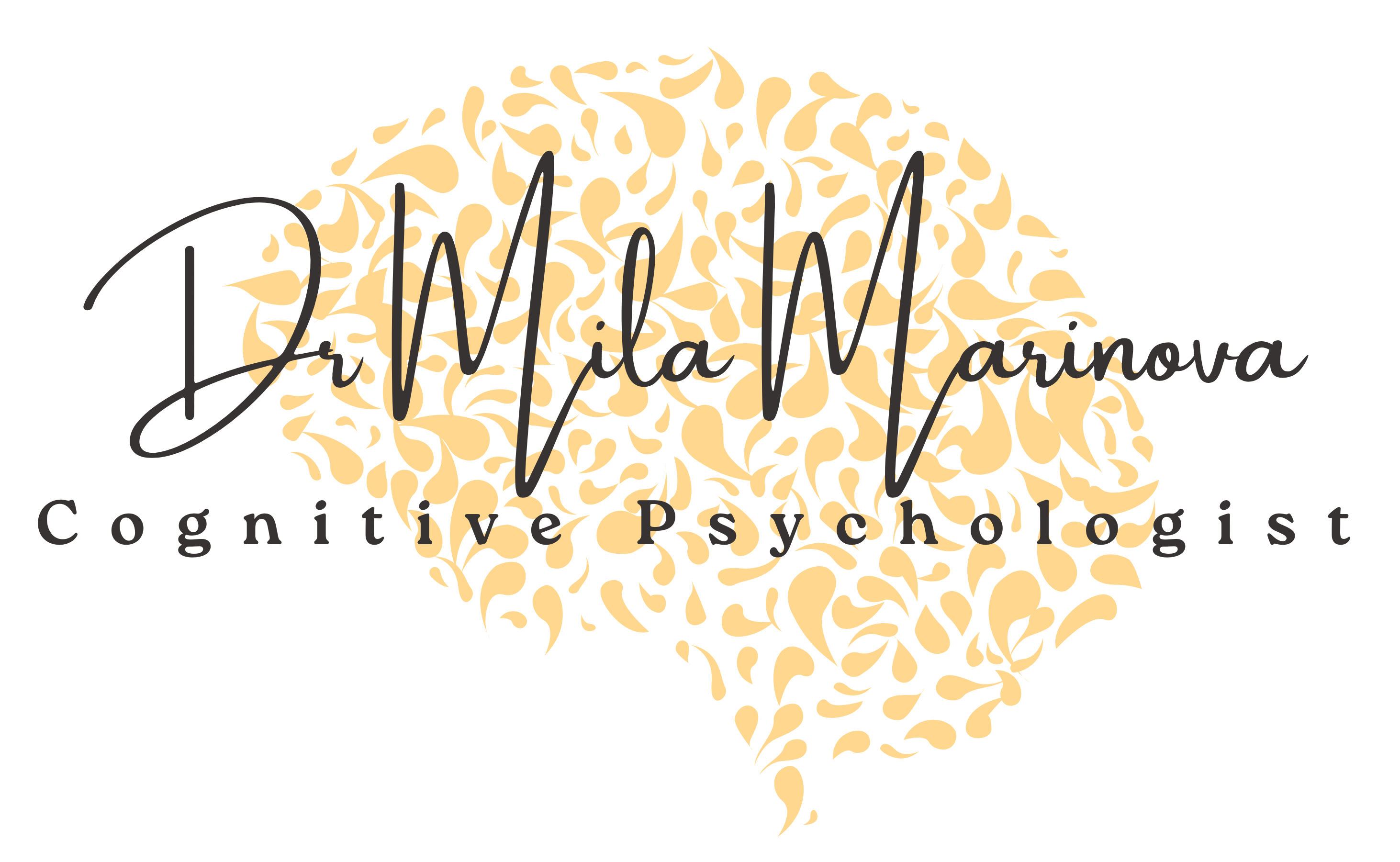
“How to be happy” is one of the most frequently Googled phrases, surpassing even “How to get rich.” As a result, the media space is filled with endless resources for achieving happiness. As a result, the media space is filled with infinite resources for attaining happiness.
The top 5 most recommended happiness-boosting strategies by the popular media are:
- Gratitude: Expressing gratitude for people and events in one’s life by writing in a gratitude journal, thinking about how lucky one is and writing gratitude letters.
- Social interaction: Socialising and reaching out to close friends and family, interacting with strangers and increasing sociability.
- Mindfulness/meditation: Engaging in mindfulness meditation, breathing exercises, and loving-kindness meditation.
- Exercise and physical activity: Engaging in physical activity such as lifting weights, running, walking, playing sports, or yoga.
- Nature exposure: Increasing the time one spends around nature by getting fresh air, going for nature walks, or adding plants to one’s home.
In the popular media, it is often claimed that those strategies are science-backed.
But Are They Really?
The Study
A systematic review by Folk and Dunn published in July 2023 in the prestigious journal Nature Human Behaviour examined the strength of the scientific evidence regarding the top 5 mainstream happiness strategies.
A total of 57 articles meeting the following criteria were included:
- Pre-registered and well-powered studies (i.e., studies adhering only to the highest and the most recent research standards).
- Non-clinical populations (i.e., only normally developed participants without mental illness)
- Only studies providing a direct comparison between a treatment and a control condition (i.e., this way, it can be inferred that the result was due to the treatment and not to something else)
- The happiness measurement that was considered was reported subjective well-being (positive affect, negative affect, and life satisfaction).
Here is what the results showed:
From the Top 5 most recommended happiness-boosting strategies, solid scientific support was found only for:
Gratitude practice: it provides a happiness boost, at least for a short period of time.
Social interaction: Socializing and harnessing good and quality relationships is indeed predictive of happiness.
The scientific support for the positive effect of mindfulness, exercising, and nature exposure on happiness was limited at best.
However
These findings do not mean meditation, training, or nature walks are unimportant to our (mental) health or that the previous research findings are entirely wrong. These results mean that it is unlikely that these practices will increase our happiness directly (at least not in non-clinical populations). These activities can nonetheless improve our quality of life and thus affect our happiness indirectly.
Although, at first glance, these findings seem to contradict, they in no way mean that we should stop taking nature walks or working out.
However, they emphasise 1) the fact that not conclusion presented in the popular media as scientifically accurate actually is, and 2) happiness interventions (at least in non-clinical populations) are not a one-size-fits-all approach.
If you enjoy my content, I would appreciate it if you share it. For more posts like this, subscribe to my blog and follow me on my other social media platforms.
Used resources:
Folk, D., & Dunn, E. (2023). A systematic review of the strength of evidence for the most commonly recommended happiness strategies in mainstream media. Nature Human Behaviour, 1-11.
Waldinger, R., & Schulz, M. (2023). The Good Life: Lessons from the World’s Longest Scientific Study of Happiness. Simon and Schuster.
